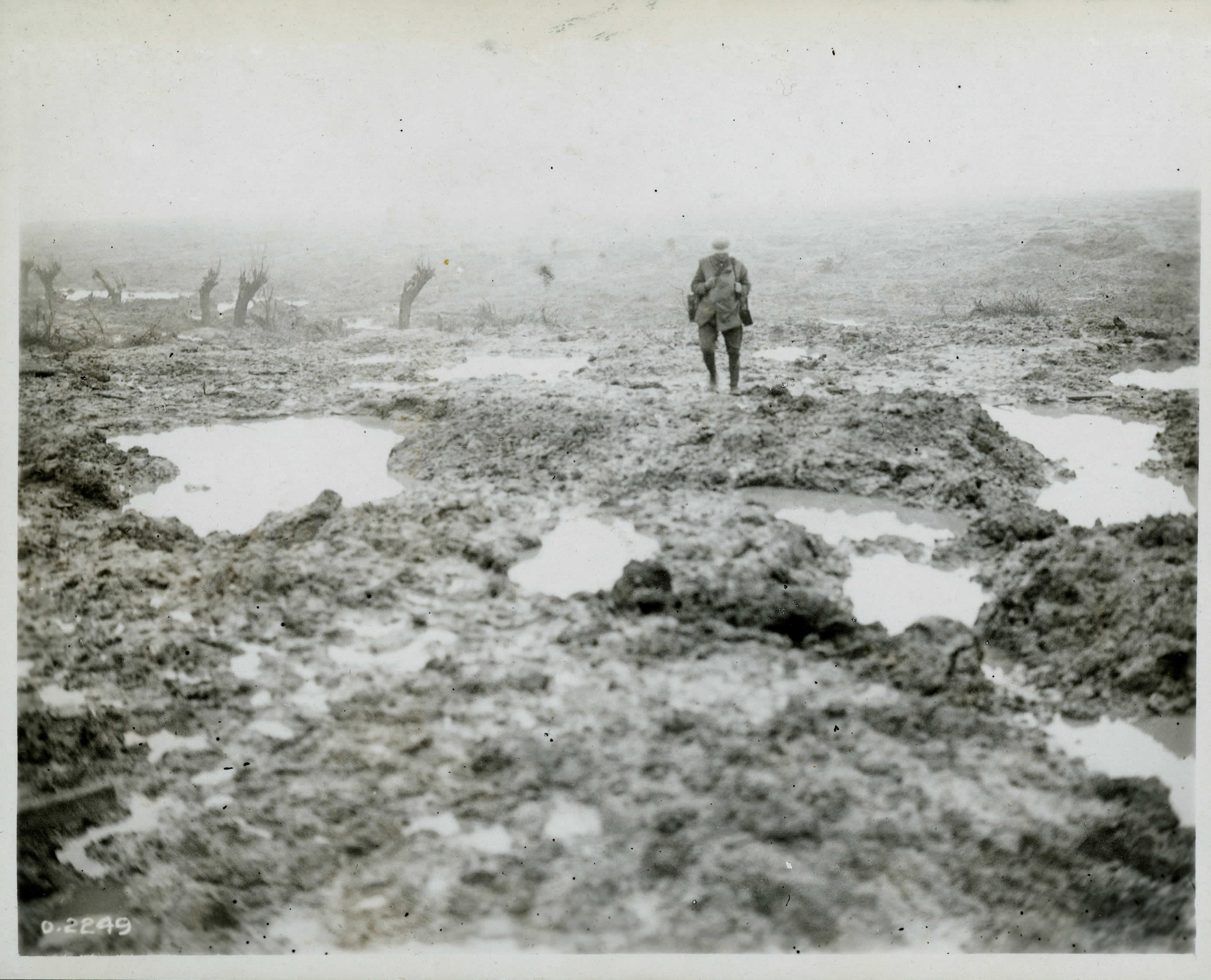Zardnaar
Deity
Ugh, yeah, Passchendaele is another one of those battles I'd want no part of, thank you very much. A 3-month-long fight in a salient that was maybe a handful of miles/km across, between forces something like 50 divisions on each side. And it was the third Battle of Ypres, so everything was flattened, just mud and shellholes as far as the eye can see, like the surface of the Moon after a tsunami. Anyone who can conjure the black-and-white mental image of, like, a single, bare tree trunk sticking up out of a field of mud - that's probably Passchendaele.
I can't remember if it was Passchendaele specifically, but I remember reading or hearing an account by a WWI veteran who returned to one of the battlefields years later and realized only then that the hill they'd been fighting for was like a little ski mogul. He'd never seen it from above ground, only from ground level, from the trenches, across No Man's Land, and I guess it had looked like Mt. Doom encircled by barbed wire.
An undated view of Passchendaele, courtesy of the Canadian War Museum. No gore in the photo, but a little disturbing anyway:
Spoiler :
Gallipoli gets the popular attention here but Passchendaele was our biggest blood bath.
The odds were not good for enlisted men if you joined 1914 to making it to 1918.
Earlier wars easier to reset. It was kind of like a job. Don't want to be there leave but that could get you executed.
That happened a lot less in WW2.

 long deceased of course. You're off by more than three months.
long deceased of course. You're off by more than three months.